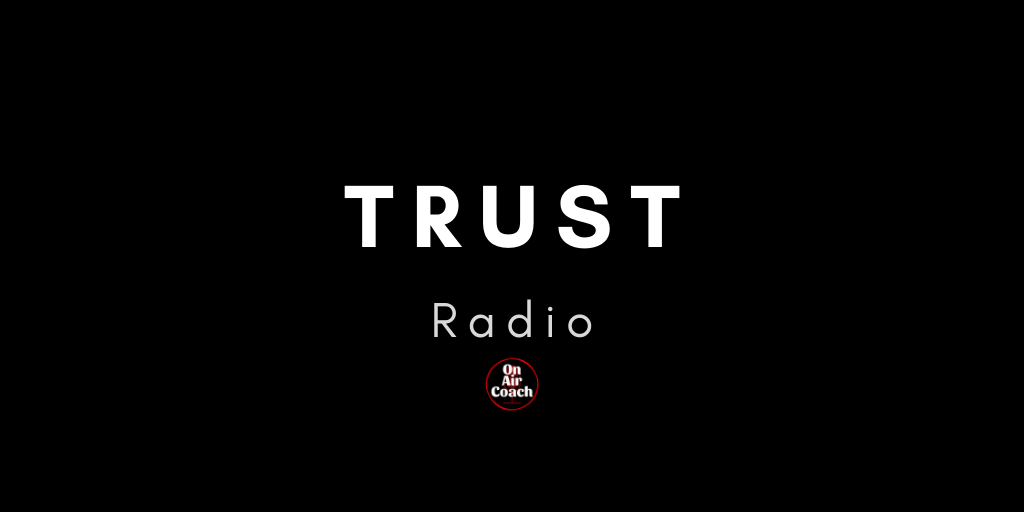TRUST RADIO
13th March 2020

“YOU ARE TRUSTED”
One strength you have, as a presenter on a radio station, is trust.
More than TV and more than anything found on the internet.
A survey commissioned by iHeart Media in the US showed that radio is 81% more trustworthy than cable TV and 27% more trustworthy than network TV.
“Research continues to show that 9 out of 10 Americans listen to radio every day and the new survey revealed that 84% of respondents (people) said radio understands what is important to them, a number that is over 20% greater than network and cable television and social media. In addition, 8 out of 10 people feel that radio aligns with their core values, which is number one across all media”.
Data from the EuroBaromter Survey showed that 59% of people trust radio compared to 50% TV and 47% for press. Only 32% trust the internet and an even lower 19% for social media.
“I heard it on the radio” is an expression that still holds true.
This won’t come as a surprise to you, as a radio professional.
No doubt you come across this every day. Listeners develop relationships with their favourite stations and presenters. It’s a personal thing. We hear how radio is you speaking to ‘one person’. That is its strength.
The other forms of mass media, feel just that: mass! They speak to a group and individuals get lost in groups.
When someone speaks directly to you, one on one, the message is clearer and more impactful.
As the person behind the mic, you have the ability to connect directly with your audience.
You are, literally, another friend.
Think of the people in your life.
A stranger can relate a piece of news to you. Your response will be to absorb the news but until it is confirmed by a close friend or family member, you may not fully believe it.
With the news currently filled with Corona Virus theories, alerts and warnings, social media has been the most immediate source of information. A lot of it incorrect and a lot of it reactionary.
We all hop on twitter or facebook to see what others are saying but deep down know that whatever we read there needs to be confirmed.
Newspapers can execute the facts but only radio can relay those facts in a compassionate and friendly way.
The human voice has the ability to calm and soothe. We can use our pace, tone and delivery to ease worries, to stabilise emotions and to comfort or re-assure.
Public figures train to master how to use their voice to the best effect.
Think of Margaret Thatcher. In her early days, her voice was shrill and erratic. Fast forward to her terms as UK Prime Minister and notice how her pace slowed, her pronunciations became more deliberate and her accent altered to show gravitas and strength.
The voice changes everything.
You are the voice on air.
You have within you, the power to influence emotions.
Now is the time for that skill to shine.
Now is the time to take all that you have trained for and use it.
When you use your voice:
Avoid jargon. Not everyone will interpret you in the same way.
Keep it simple. Word Economy provides clarity. You have trained for this.
Be confident and competent.
Low pitch displays control. High pitch displays unsureness.
In case of emergencies, we turn to the trusted people in our lives to provide comfort, clarity and reassurance.
In the media world, that person is ‘you’.
Use it well.
#TRUSTRADIO #THEPOWEROFSOUND #ONAIRCOACH
By Nails Mahoney